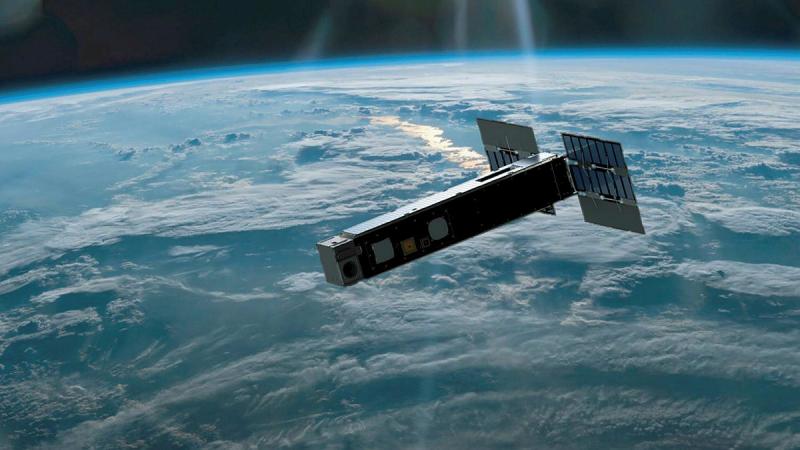
CDU alumnus Dr Renee Bartolo, who has advanced the use of drones in environmental monitoring, has won a prestigious Fulbright Scholarship
A Northern Territory researcher who has advanced the use of drones in environmental monitoring has won a prestigious Fulbright Scholarship.
The Fulbright Program is the flagship foreign exchange scholarship program of the United States and is aimed at increasing binational research collaboration, cultural understanding and the exchange of ideas.
Dr Renee Bartolo holds two undergraduate degrees from Charles Darwin University (CDU) and researched Melaleuca on tropical floodplains using remote sensing for her CDU PhD.
She is now a Principal Research Scientist with the Supervising Scientist Branch of Department of the Environment and Energy where she is developing the use of drones for environmental monitoring, particularly for mine site rehabilitation and ecosystem restoration.
Dr Bartolo said her decision to leave the University of Wollongong, halfway through an Environmental Science degree, to attend the then Northern Territory University (now CDU) proved to be a career-defining move.
“People thought I was mad, but I wanted the chance to work as a field scientist and could see vastly more opportunities for that in Northern Australia,” Dr Bartolo said.
“I completed my degrees in Darwin and was encouraged to take up postgraduate studies where I worked on some hugely interesting projects and got to work in remote Aboriginal communities and Papua New Guinea.
“I was in my mid-20s at the time and I was working in hash conditions and experiencing different cultures. It really built my confidence and encouraged me to see and make the best of opportunities as they come up,” she said.
Dr Bartolo will use her Fulbright Scholarship to investigate the effective use of drones in environmental assessment and monitoring in collaboration with the National Unmanned Aerial System Project Office of the United States Geological Survey (USGS).
The aim is to establish a long-term exchange of capabilities and knowledge and address the gap between research and development in the application of drones in measuring and monitoring the environment, particularly in government agencies.
“The information obtained from drones has been the biggest game changer I have seen in remote sensing,” Dr Bartolo said.
“The USGS has a highly sophisticated drone program and currently manages 40 pilots through its National Drone Office. It has integrated the use of drones for environmental monitoring far more than any government agency in Australia.
“Collaborating with organisations such as the USGS will help us unlock the potential for drones to answer many science questions and enable us to ask science questions we may not have previously even conceived, because we can see so much more now,” she said.







